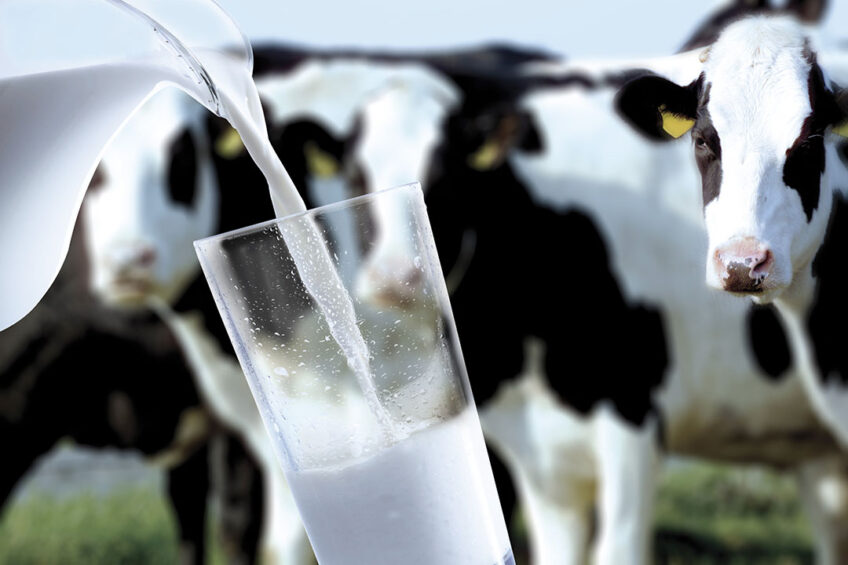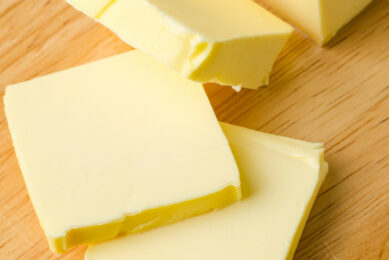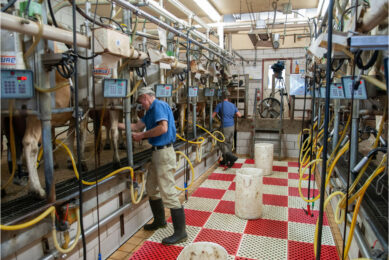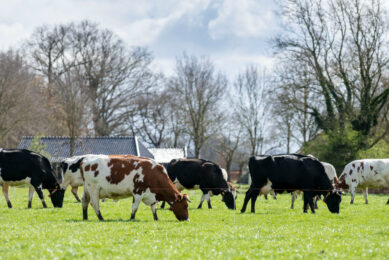Drought and low prices threaten Latvian dairy

Latvian farmers are considering slaughtering their cattle as drought increases operational costs, while low farmgate milk prices hamper margins, Janis Irbe, deputy chairman of the Council for the Cooperation of Agricultural Organizations, told Radio 4.
A large share of Latvian milk farmers lacks working capital and already struggle for survival, Irbe admitted. Providing that no significant changes are occurring on the market, the second half of summer and autumn is likely to see a mass slaughter of dairy cattle.
“They are barely surviving this crisis, enduring only thanks to last year’s harvest. Since February, the dairy sector has been operating at a loss of around €5 million per month,” Irbe said, adding that until June, the industry already suffered losses of around €25 million, while this figure keeps growing.
Dairy businesses are on the edge
Surprisingly, the large modernised farms this time are the ones hit the hardest by the current crisis. While small operations can rely on pastures, at big milk complexes, cattle are accustomed to “good feed” and usually there is no opportunity to alter the rations without sacrificing quality, Irbe explained.
In June, dairy cooperative Dundaga reduced operations, citing the challenging financial situation and high production costs. Janis Zadins, head of the cooperative, blamed high energy, packaging and raw material prices and a slump in purchasing power of the population for the company’s predicament.
Local news outlet Delfi reported that Dundaga followed the path of several other dairy companies, which decided to stop operations over the past year due to financial problems.
Neighbouring countries dairy crisis
Tight dependence on foreign milk processing infrastructure is one of the problems Latvian milk farmers have to face. In previous years, Latvia exported substantial quantities of raw milk to Lithuania, where warehouses are currently filled with dairy products and raw milk prices plummeted, according to Irbe.
“We export an average of 800 tonnes of milk per day to Lithuania. We consume another 800 tonnes on the domestic market, and we process 800 tonnes more ourselves. These quantities also accumulate in the warehouses,” the expert said.
Currently, the Latvian dairy sector hopes for the support of retailers, which have been asked to adjust their pricing policy to help suppliers make it through this storm. Irbe also expressed hopes that negotiations with the European Commission about compensations for the Latvian dairy sector could eventually bring some positive results. The problem, however, is that Latvia is not the only European country where dairy companies are suffering financial losses.
“As the industry is working at a loss for the fifth consequent month, compensations will be extremely useful. However, this is also going to be only a temporary solution,” Irbe claimed.
Join 13,000+ subscribers
Subscribe to our newsletter to stay updated about all the need-to-know content in the dairy sector, two times a week.










